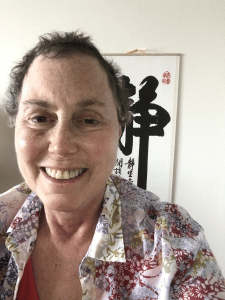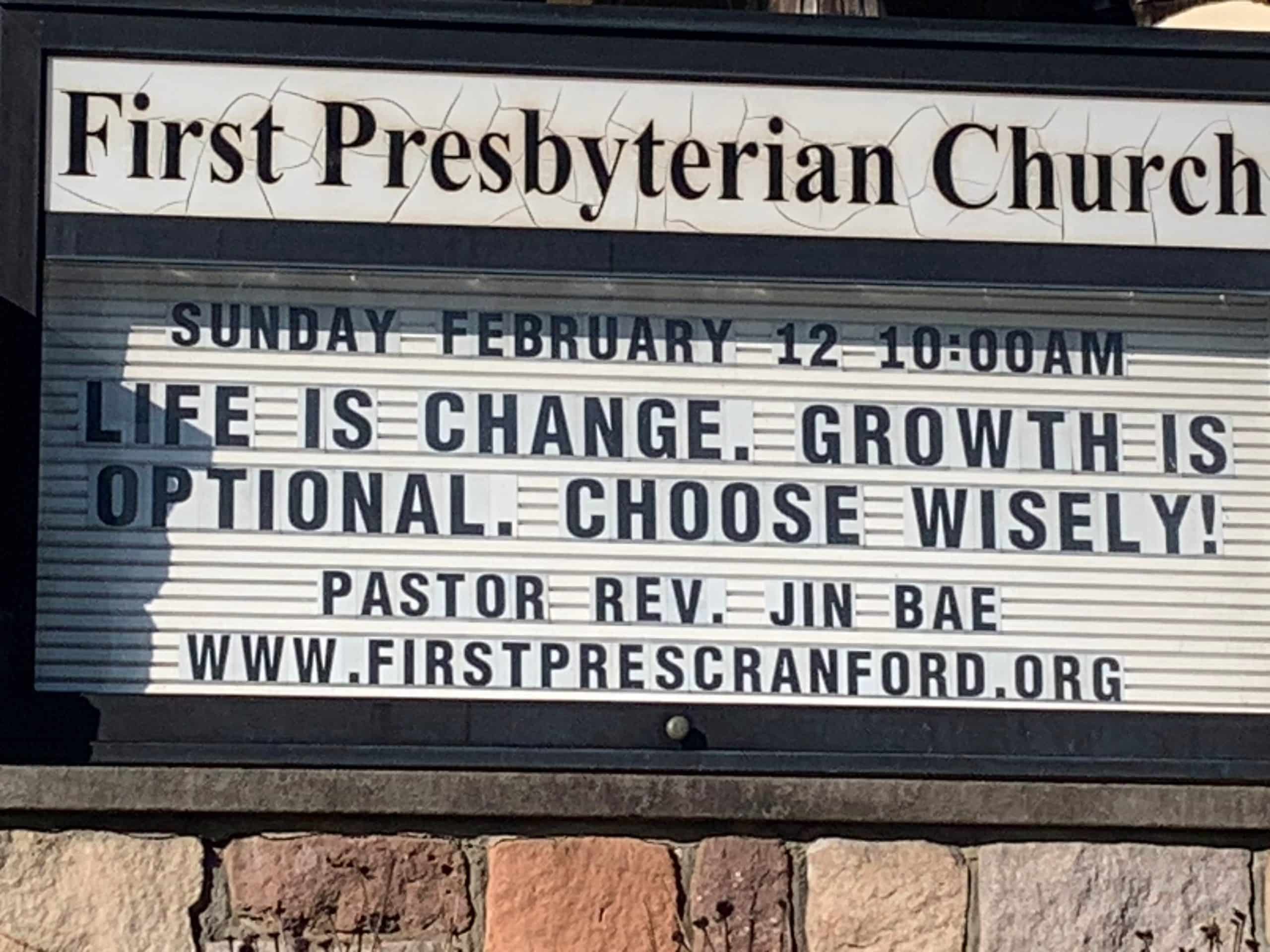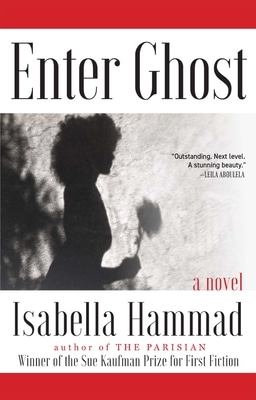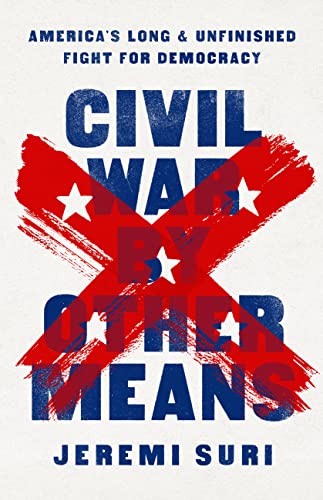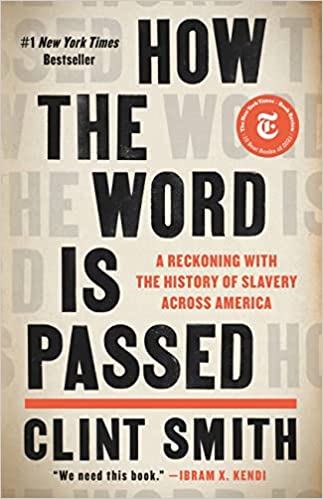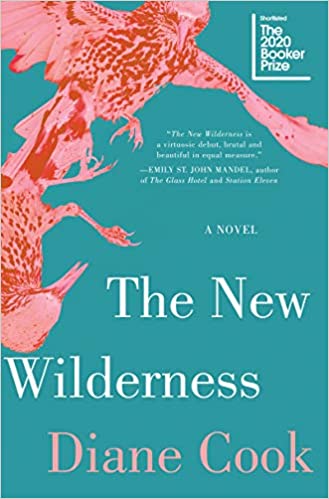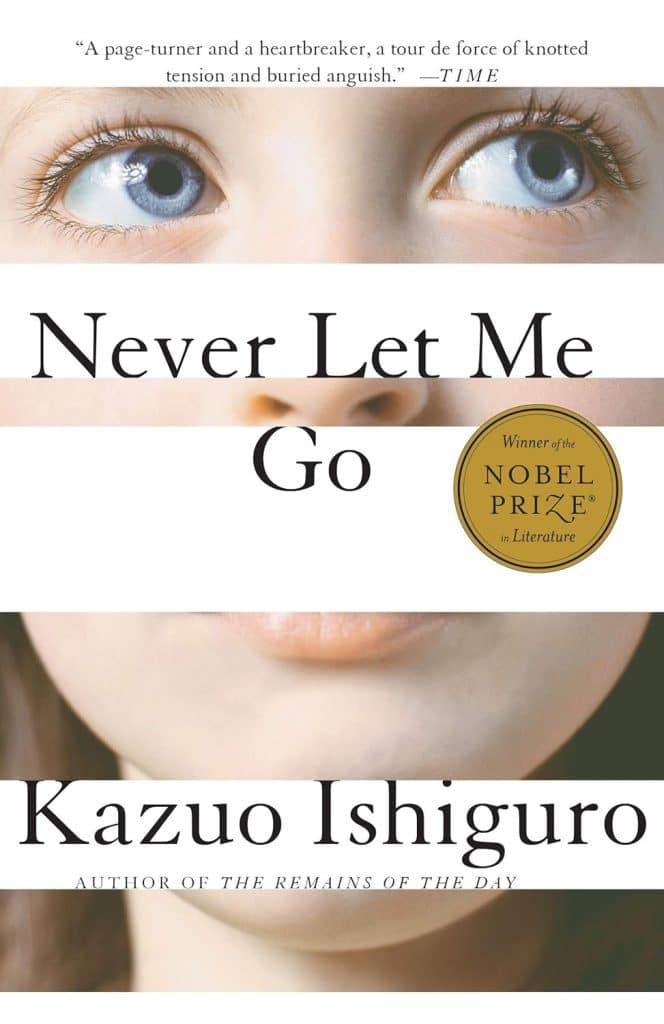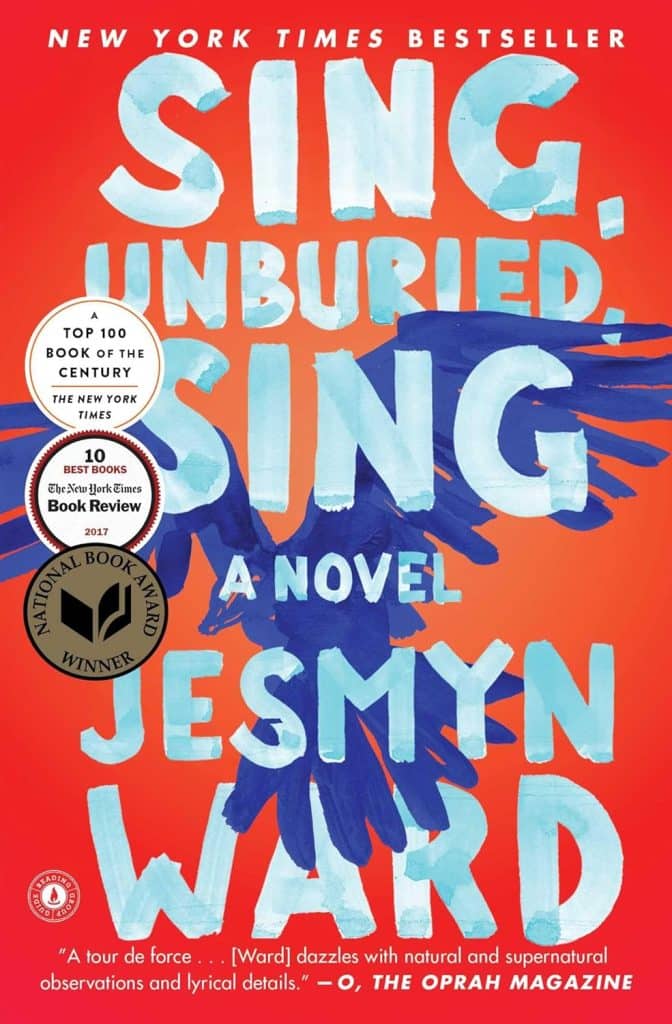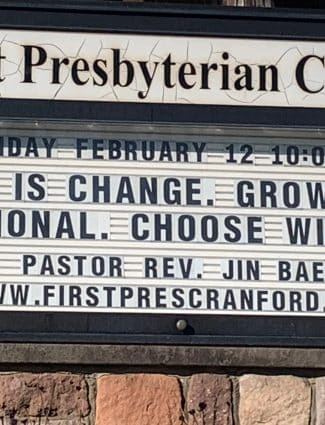
Choosing to Participate Fully in Life!
Estimated reading time: 1 minute, 40 seconds“Living alone is difficult,” she stated with conviction. “Since my husband died, my life has been empty.”
Not sure how to respond, I said, “I remember what Teddy Roosevelt said on Valentine’s Day 1884 when he lost his wife and mother. ‘The light has gone out of my life.'”
“Yes, that is how I feel.”
But he grieved and then chose to grow…
As I approach two years without Jan, I often consider how I have managed grief.
On my morning walks, I read the following message on the marquee at the First Presbyterian Church in Cranford,
LIFE IS CHANGE. GROWTH IS OPTIONAL. CHOOSE WISELY!
Unlike Roosevelt, I did not have a ranch in the Dakota Territory, so my grieving turned me into a bobblehead tossed, turned, and swallowed by the Rhaway River.
Afraid grief would destroy me, I chose to grow and actively participate in my life.
I celebrated Jan’s life and helped build a memorial garden in Hanson Park.
Each of those baby steps helped me thru the darkest days of my grief.
By accepting that grief has been an outstanding teacher, I have learned to live life fully.
It is also why I focus on mensch-in-training activities.
By living fully, I know I am not only doing what Jan wanted me to do, but if we were to meet now, she would see someone she could love, not someone so drained by a loss that they are an empty shell.
Have I chosen wisely?
The Jan Lilien Education Fund sponsors ongoing sustainability and environmental awareness programs. Gifts made this month; I will match dollar-for-dollar. All donations are tax-deductible.
I receive a commission when you buy a book or product using a link on this page. Thank you for supporting Sharing Jan’s Love blog.


